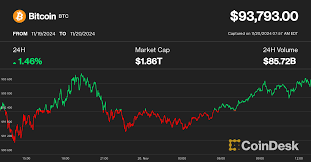Former President Donald Trump’s recent tariff announcements have introduced significant volatility into global markets, affecting industries from technology to agriculture.
In a move dubbed “Liberation Day,” Trump declared a 10% universal tariff on all imports, with higher rates for specific countries, including a 25% tariff on nations importing Venezuelan oil . These measures, justified under the International Emergency Economic Powers Act (IEEPA), have been criticized for potentially exceeding executive authority
While certain electronics, such as smartphones and laptops, received temporary exemptions, Trump warned these would be short-lived, with plans for additional tariffs on semiconductors and pharmaceuticals . This uncertainty has led to cautious optimism in tech markets, with companies like Apple and Nvidia experiencing stock rebounds.
The tariffs have prompted legal challenges from small businesses, arguing that the use of IEEPA for trade measures is unconstitutional . Internationally, countries like China have criticized the tariffs as protectionist, and retaliatory measures are being considered.
As the global economy grapples with these developments, industries and governments worldwide are assessing the long-term implications of the U.S.’s evolving trade policies.



